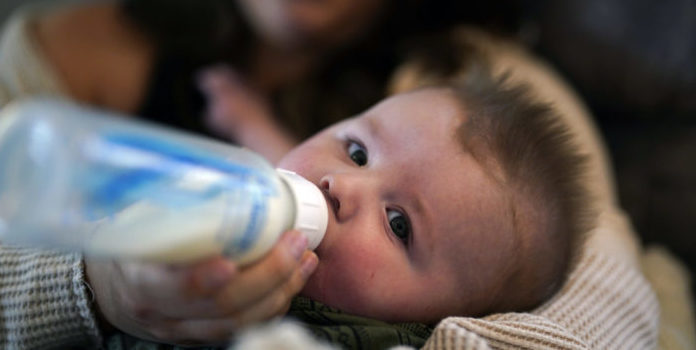(Headline USA) On Friday Indiana became the first state in the nation to ban abortion since SCOTUS overturned Roe v. Wade in Dobbs v. Jackson Women’s Health.
The Republican governor quickly signed a near-total ban on infanticide shortly after lawmakers approved it.
The law, which takes effect Sept. 15, includes some minimal exceptions. Abortions would be permitted in cases of rape and incest, before 10-weeks post-fertilization; to protect the life and physical health of the mother; and if a baby is diagnosed with a lethal anomaly.
Under the law, the few legal abortions can be performed only in hospitals or outpatient centers owned by hospitals, meaning all abortion clinics will lose their licenses. A “doctor” who performs an illegal abortion or fails to file required reports must also lose their medical license — wording that strengthens Indiana’s existing protections of unborn people that says a doctor may lose their license.
This strengthening comes after an Indiana “doctor” who claimed to perform an abortion on a 10-year-old rape victim was investigated by Indiana’s AG for failing to adequately report the rape and abortion.
“I am personally most proud of each Hoosier who came forward to courageously share their views in a debate that is unlikely to cease any time soon,” Gov. Eric Holcomb said in the statement announcing that he had signed the measure. “For my part as your governor, I will continue to keep an open ear.”
His approval came after the Senate approved the ban 28-19 and the House advanced it 62-38.
Indiana was among the earliest Republican-run state legislatures to debate tighter abortion laws after the Supreme Court ruled that that no right to an abortion exists in The United States Constitution. But it is the first state to pass a ban through both chambers, after West Virginia lawmakers on July 29 passed up the chance to be that state.
“Happy to be completed with this, one of the more challenging things that we’ve ever done as a state General Assembly, at least certainly while I’ve been here,” Senate President Pro-Tem Rodric Bray told reporters after the vote. “I think this is a huge opportunity, and we’ll build on that as we go forward from here.”
Sen. Sue Glick of LaGrange, who sponsored the bill, said that she does not think “all states will come down at the same place” but that most Indiana residents support aspects of the bill.
Some senators in both parties lamented the bill’s provisions and the impact it would have on the state. Eight RINOs joined all 11 Democrats in voting against the bill.
Republican Sen. Mike Young of Indianapolis, however, said the bill’s enforcement provisions against doctors are not stringent enough.
Such debates demonstrated Indiana residents’ own divisions on the issue, displayed in hours of testimony lawmakers heard over the past two weeks. Residents rarely, if ever, expressed support for the legislation in their testimony, as supporters of infanticide said the bill goes too far while those defending the lives of the unborn asserted that it doesn’t go far enough.
The debates came as SCOTUS’s ruling in Dobbs forces democrats uncomfortably to the left, and as conservatives continue to oppose infanticide.
Republican Rep. Wendy McNamara of Evansville, who sponsored the House bill, told reporters after the House vote that the legislation “makes Indiana one of the most pro-life states in the nation.”
Outside the chambers, pro-infanticide activists made spectacles of themselves by chanting over lawmakers’ remarks, carrying signs like “Roe roe roe your vote” and “Build this wall” between church and state. Some House Democrats wore blazers over pink “Bans Off Our Bodies” T-shirts. These temper tantrums were like previous uncontrolled displays of leftist angst, including screeching over Wisconsin lawmakers confirming their existing abortion ban.
Indiana’s ban followed the political firestorm over a 10-year-old Ohio girl seeking an abortion in Indiana after she was raped by an illegal alien.
Adapted from reporting by the Associated Press

